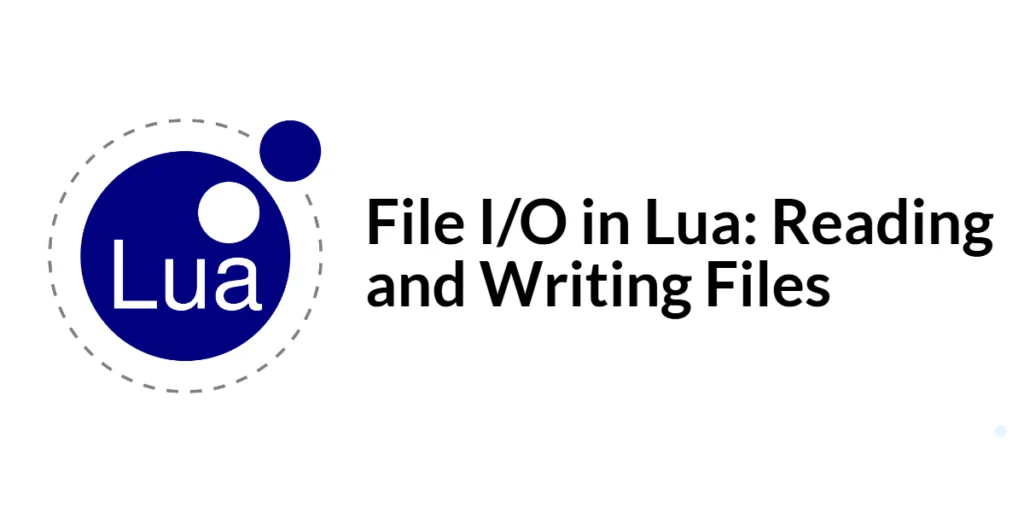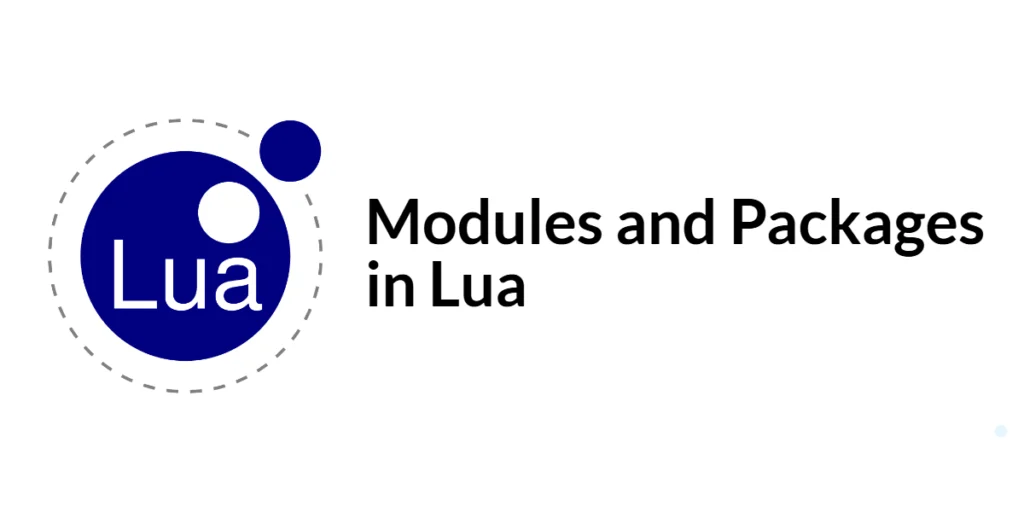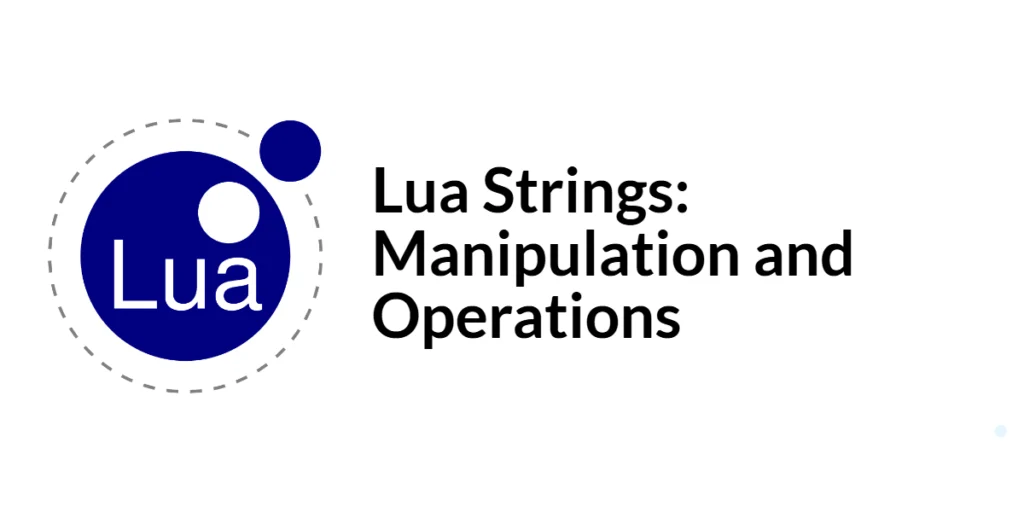Debugging Lua: Tools and Techniques
Debugging is a crucial part of software development, enabling developers to identify and fix errors in their code. Lua, a lightweight and embeddable scripting language, provides several tools and techniques for debugging, ranging from simple print statements to more advanced error handling and debugging libraries. Understanding how to effectively debug Lua code can significantly improve […]
Debugging Lua: Tools and Techniques Read More »









